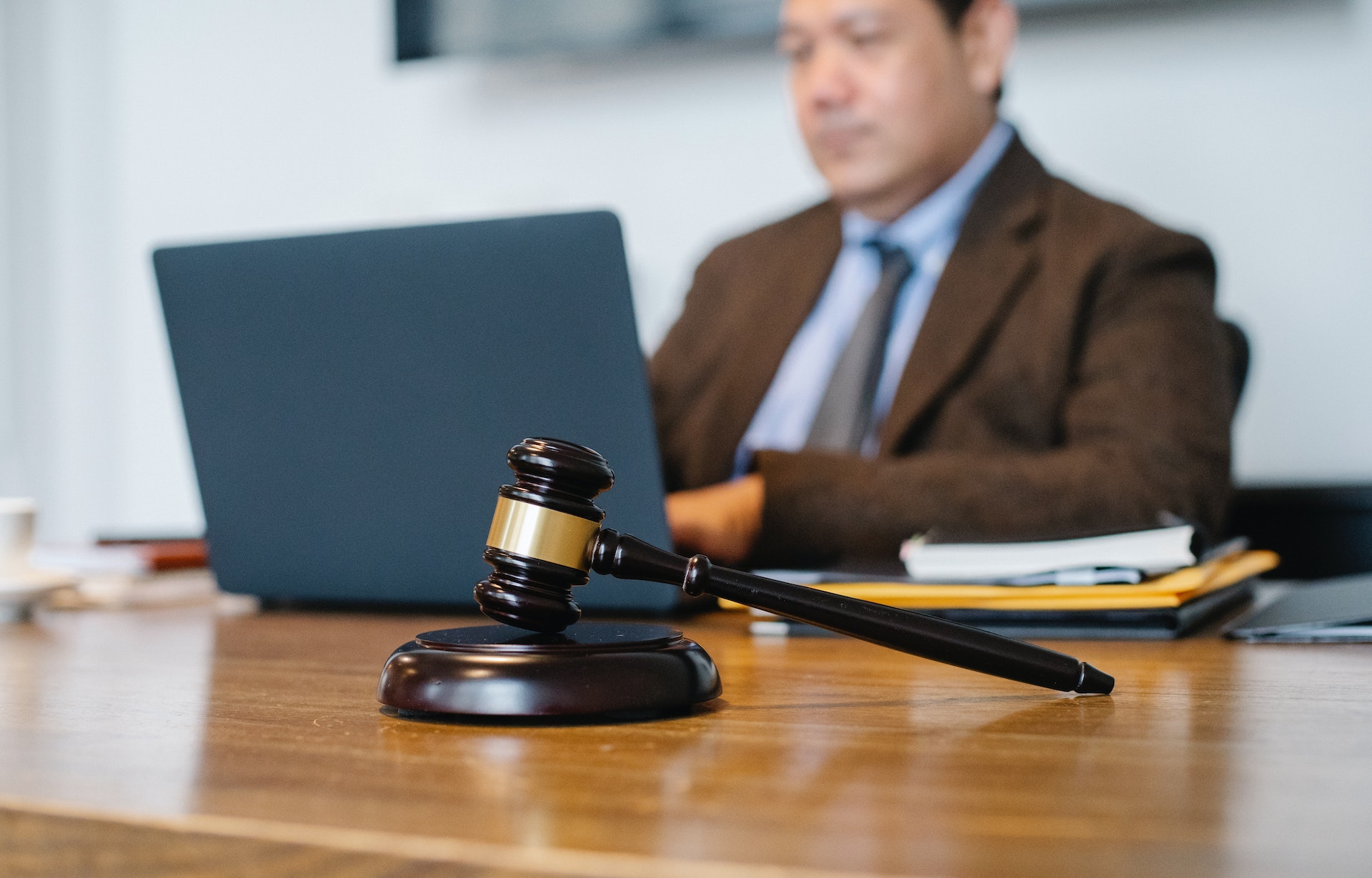Singapore High Court Declares Cryptocurrency as Property that Can Be Held in Trust

A recent ruling by Judge Philip Jeyaretnam of the High Court of Singapore surprised the crypto community, as the judge declared that digital currencies are not different than fiat money.
The ruling took place on July 25th, and the judge decided that crypto is a form of property eligible for trust status.
Singapore Judge Categorizes Cryptos as Property
The judge’s stance contradicts the common skepticism toward cryptocurrencies, shared by most governments, financial institutions, and financial regulators, who have been claiming that digital assets lack “real” value for years.
Judge Jeyaretnam, however, believes that cryptocurrencies and fiat money are not that different.
He compared both to physical objects, such as shells, making a point that any object can hold value from the mutual faith vested in them.
The judge believes that the value of an object comes from the collective human perception of that object.
In other words, if people believe that it has value, then it has value based on that alone.
His ruling came in response to a case brought by Bybit, which filed a lawsuit against a former employee, Ho Kai Xin.
According to Bybit, the former worker transferred 4.2 million USDT, each of which holds the value of $1, from the exchange’s wallet to her private account.
As part of the ruling, Ho was ordered to give back the money to the exchange.
However, she said that the relevant account was not controlled by her, but by a cousin, who was not present during the trial.
For the most part, the ruling seems rather straightforward at first glance. However, it carries a deeper implication regarding the legal status of crypto assets.
The judge categorized the stolen stablecoins as property, extending the same classification to other digital currencies. The classification comes despite the fact that cryptos do not have a physical form.
To explain his stance, the judge compared crypto assets to naming a river, saying that the name of the river doesn’t change, despite the fact that the water it contains is changing constantly.
Court Cases are Contributing to Understanding Cryptocurrency’s Legal Status
Furthermore, Jeyaretnam said that cryptos are “things in action” under British common law.
This implies that cryptocurrencies are subject to personal rights, which can be enforced through legal action.
The decision also refers to the Monetary Authority of Singapore’s consultation paper, which proposed segregation and custody requirements for cryptocurrencies.
Pointing out the paper and its conclusions, the judge noted that assets that can be identified and segregated could be legally held in trust.
This ruling further strengthened the crypto industry’s legal framework in Singapore.
A similar ruling was made in London in May last year, when a High Court of Justice found that NFTs should be considered private property.
With the lack of clear rules by lawmakers, the crypto industry has been taking hints regarding the legal status of cryptocurrencies from cases like this, concluding that they can serve as proof that the courts will protect NFT property rights.
Related Articles:
- Singapore Plans to Safeguard Cryptocurrency Investments with New Trust Requirement
- Singapore’s Monetary Authority Enforces Crypto Lending and Staking Ban for Retail Investors
- Singapore’s Investment Conglomerate Temasek Drops Crypto Investment Plans Citing Regulatory Uncertainties



